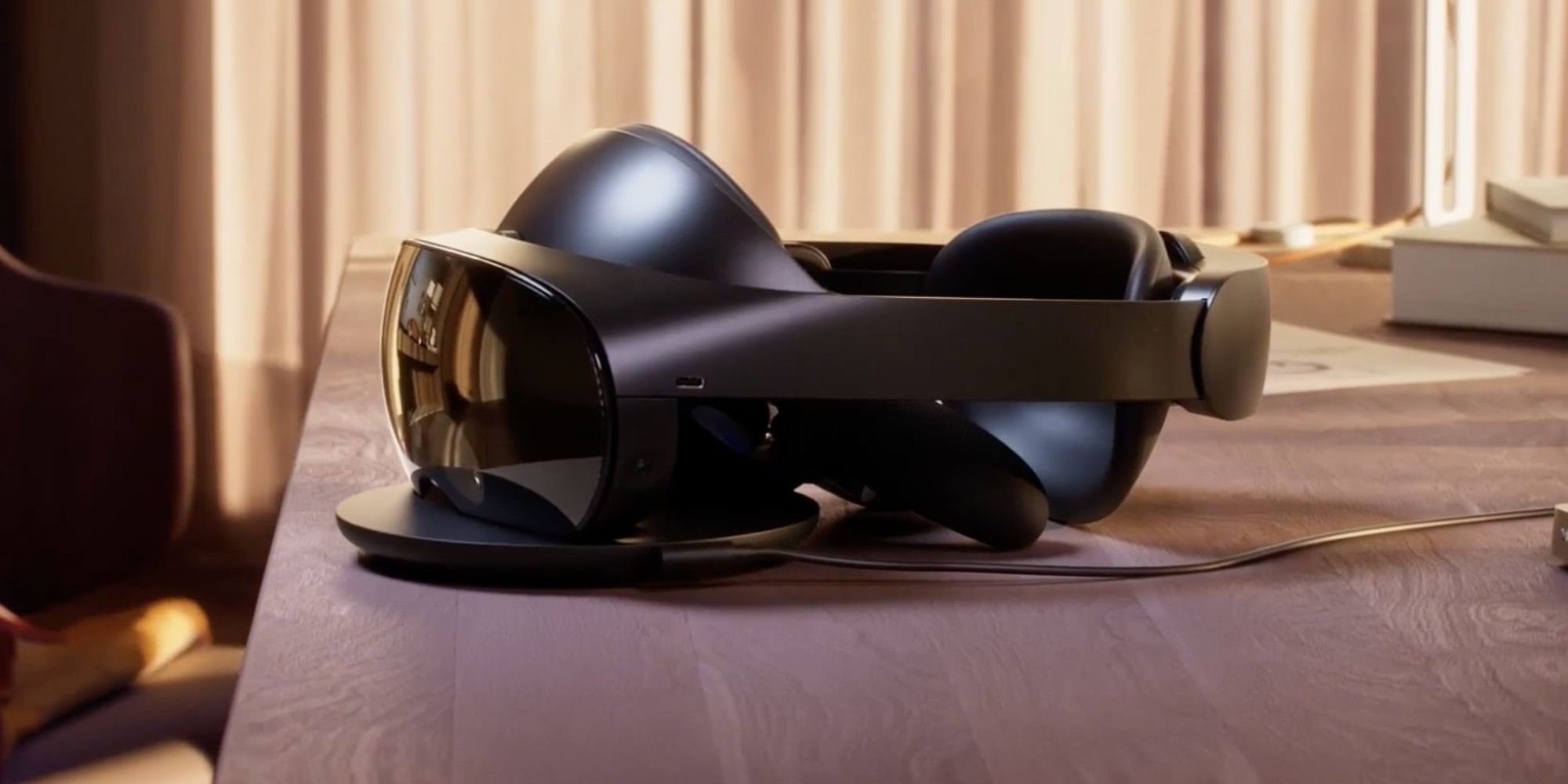If you watched this week’s Meta Connect Keynote expecting to see the latest and greatest VR games, you would have been sorely disappointed. Games were hardly mentioned during the 90-minute presentation, which primarily focused on metaverse social app Horizon, productivity tools, and the new, business-centric Meta Quest Pro. It seemed like The Zuck was doing everything he could to avoid saying the word ‘games’. He referred to apps and experiences while boasting about how many millions they’ve made, but couldn’t have appeared less interested in the games themselves. The VR future that Meta is creating seems to be about everything except games, and as an early adopter, I’m starting to feel left behind.
Games were not mentioned for the first 40 minutes of the keynote. When head of developer relations Melissa Brown was eventually introduced, she described a handful of recent releases like Golf+ and Red Matter 2 as “beautiful and so much fun to play” before launching into a lengthy revenue recap. Every hardware manufacturer cares about how many millions the games on their platform make, but most of them at least act like it’s still about the games and the players. Zuckerberg and the execs in the livestream spoke passionately about the potential of VR for creating social experiences, revolutionizing productivity, and creating immersive virtual spaces, but games amount to little more than numbers on a spreadsheet.
When it finally came time to show us some games, Meta arrived practically empty-handed. It revealed a Quest 2 port of Iron Man VR, new trailers for Among Us VR and The Walking Dead: Saints & Sinners Chapter 2, and an announcement teaser for a new Skybound game called Behemoth. While we didn’t actually see anything from Behemoth, the rest of these titles do look great. I’m a big fan of Iron Man VR and the original The Walking Dead: Saints & Sinners, and Among Us VR is going to be a hit, but none of this is new. Meta only does a Connect Keynote once a year but it doesn’t bother preparing any big, exciting announcements for it. How are all the non-VR gamers supposed to start caring about the Quest 2 when all you’re showing them is some ports and a sequel to a game they haven’t played? Do these offerings make the recent $100 price hike feel justified?
For Meta, gaming seems to be an antiquated segment of its business – a precursor to the metaverse that doesn’t fit into its vision for the future of VR. If it isn’t primarily a social experience, then it seems like Meta doesn’t see a lot of potential for (monetizing) it. In fact, the new hardware it announced during the livestream, the Quest Pro, is strictly not for gaming. The $1,500 headset is being marketed primarily to companies with remote workers, and indeed, Zuckerberg labeled it “The Future of Work”, as dystopian as that sounds. Meta has determined, likely accurately, that it can make a lot more money selling palettes of $1,500 headsets and subscription software to tech startups than it can $300 headsets to a small group of gamers. I don’t begrudge the business decision, but I wonder where that leaves those of us that spent years championing VR as it currently exists.
The Quest Pro does open up exciting possibilities for gaming. Its new Passthrough tech is designed for mixed reality, which many believe to be the direction VR gaming will eventually take. We saw a short demo of Beat Saber in VR that looked great. The only problem is, once again, the headset is $1,500.
Making a profit on a VR game is already hard enough, so I can’t imagine any developer will be interested in developing something that’s exclusive to Quest Pro. Few will buy the Pro to game, and those that wear one all day while they work likely won’t keep it on off the clock for gaming. Hopefully the Quest 3 will adapt the Pro’s Passthrough for a more affordable headset, but there’s no telling whether or not Meta is even interested in entry-level devices for gamers anymore. Soon enough, Sony might be the only ones carrying the VR game torch forward.
Source: Read Full Article
